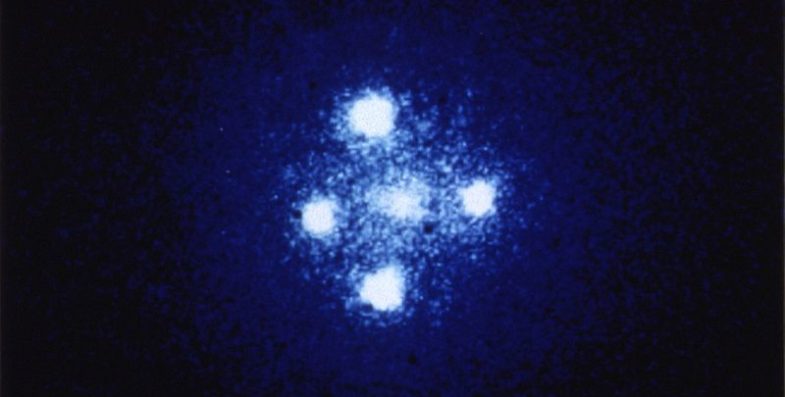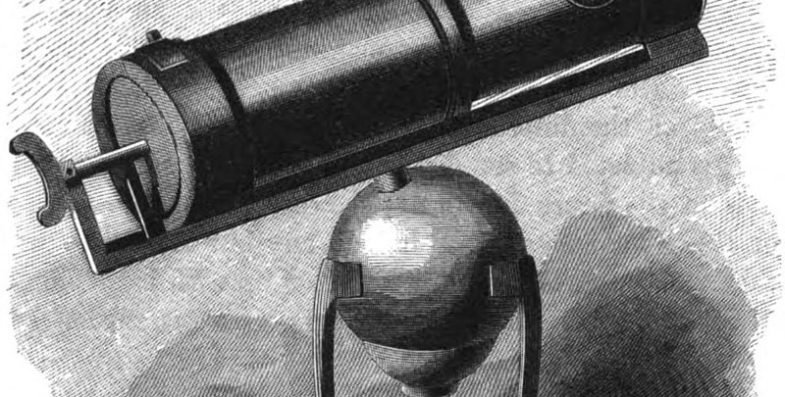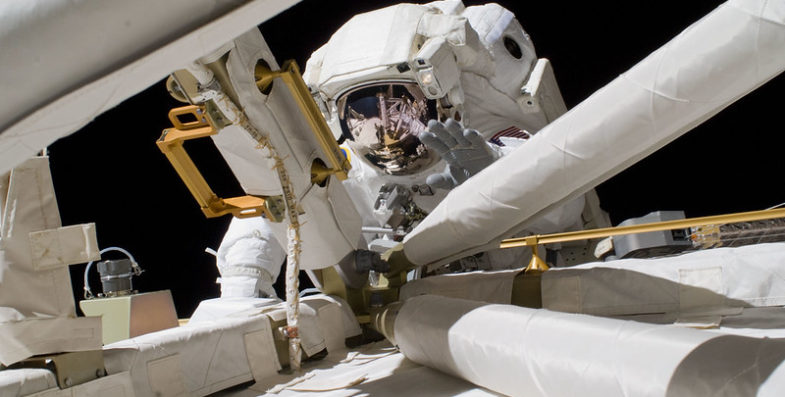Scientific literacy is not how many scientific theories you understand, but rather your appreciation for the process of scientific investigation. In this section, we provide an overview to the fields of philosophy and history of science. These tell us how science is understood and how it changes, and what science has included over the ages. They also help us understand how science operates differently from religious belief, and yet the boundaries may be more diffuse than conventionally recognized.
Key terms:
- Scientific (hypothetico-deductive) method
- Scientific literacy
- Scientific theory
- Scientific hypothesis
- Atheism
- Agnosticism
To get the module started, we have included a short inspirational video with the words of the astrophysicist Neil deGrasse Tyson on scientific literacy. “The goal here is not to make everybody a scientist. That’s not the goal. What a boring world that would be. You want artists. You want musicians. You want novelists. Poets. You want the rest of this. What matters is whether they’re scientifically literate, and that they maintain that literacy and that curiosity throughout their lives.”
Video Credit: “Scientific Literacy – Neil deGrasse Tyson” by Max Schlickenmeyer, 2014.
Thumbnail: “A Weird and Excellent Mosaic,” Mural of Avicenna and others in Dushanbe, Tajikistan. Photo Credit: St. Blaize, 2009. CC BY-NC-SA 2.0.
Learning Materials:

3.1.1 Introduction to History and Philosophy Science
Is the method of science rational, universal, and unchangeable? (NASA, ESA, and STScI/"Gravitational Lens")
Read More
3.1.2 Scientific Method as Tool for Faith Formation
Should the scientific method be applied to faith? (Erik Albers/"Umayyad Mosque, Damascus")
Read More
3.1.3 History of the Philosophy of Science
The ways in which scientific communities have understood the activity of science has changed over time. (David Brewster/"Newton's Telescope")
Read More
3.1.4 Scripture, Evolution, and the Problem of Science
Christianity and other scriptural traditions must confront similar questions to Islam when it comes to dealing with contemporary scientific issues and theology. (Pedro Szekely/"Galapagos")
Read More
3.1.5 Defining and Measuring Scientific Literacy
Is being scientifically literate more about knowing certain "facts" about the world, or is it more about how we reason through problems? (NASA/"STS-119 Launches")
Read More
3.1.6 Islam, Science, and History: Beginnings (Supplemental)
Did math or theological principles determine the orientation of early mosques? (Michał Huniewicz/"Chinguetti Library")
Read More




